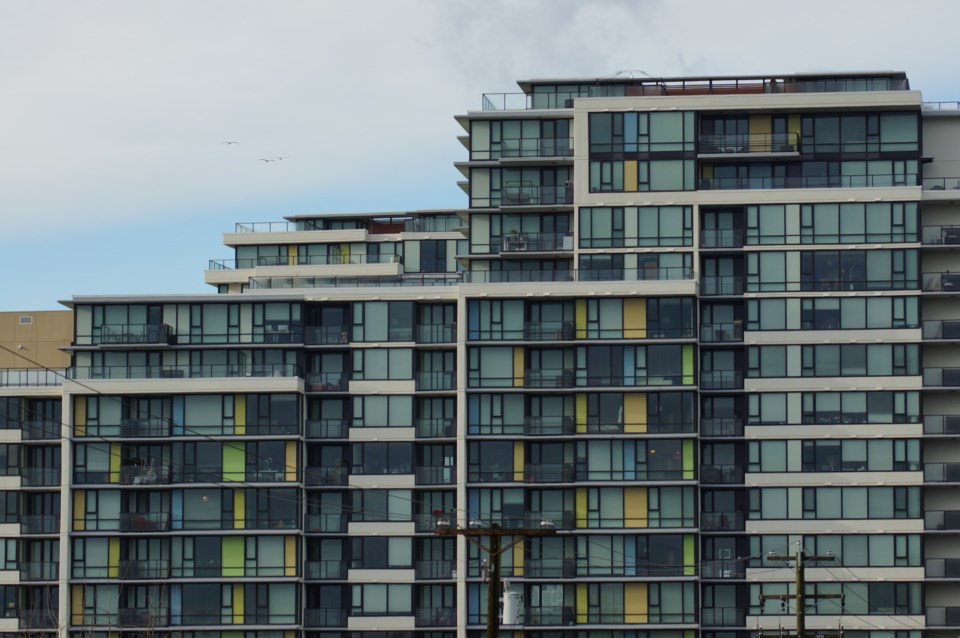Dear Editor,
Re: “Activist pushes for rental at Lansdowne,” News, Dec. 26.
After reading John Roston’s Dec. 26 article on the plans to rezone Lansdowne for rental units, I was elated.
I believe density to be one of the most important, yet under-discussed, issues in our time, and I was grateful that the issue was finally getting attention.
The population of Canada is increasing and will continue to increase for a very long time.
The Greater Vancouver area alone is projected by the B.C. government to grow by nearly a million people by 2041, and other cities expect similar levels of growth.
However, the housing supply has not kept pace. As a result, Canada’s housing/cost-to-income ratio is the highest in the developed world.
Increasing the supply of housing is a critical step to bringing housing costs to a more affordable level.
On top of that, another oft-neglected need for density is that compact living is greener living.
As cities have seen the populations expand, it has forced them to “sprawl” outwards.
This directly harms the environment by forcing more land to be dedicated to human living, but it also means more people have to drive to their places of work/education.
A denser environment will mitigate the harmful practice of urban sprawl and make it more viable for people to use green transportation, such as walking or busing.
With increasing populations, rising carbon rates, and astronomical costs of living, it’s clear that a more compact society is the key to a more open, clean and affordable society.
The first step to achieving that goal is to rezone Lansdowne for rental housing.
Jiangyi He
RICHMOND



